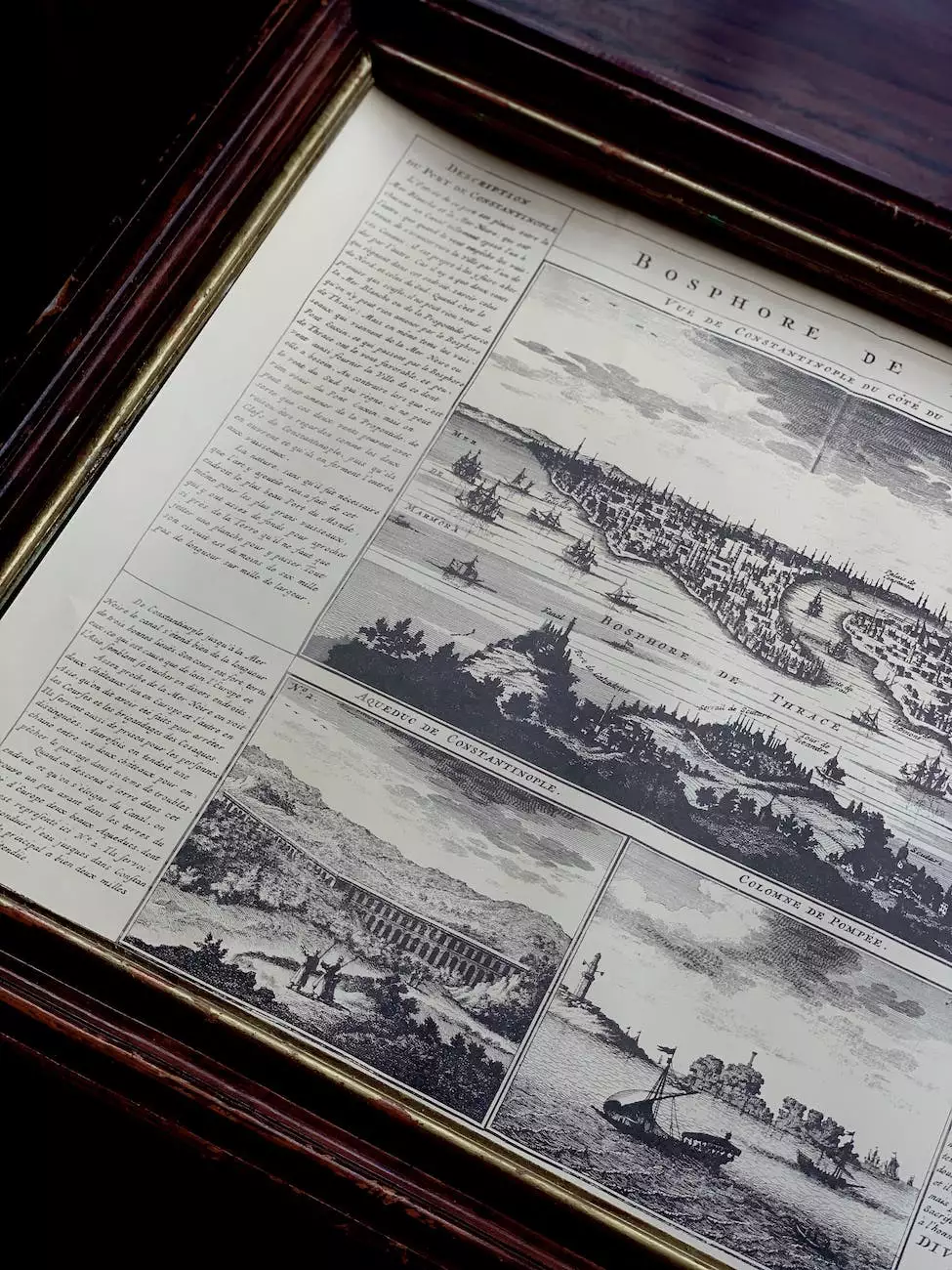SEE OFF – English Phrasal Verb One Point Lesson
English Vocabulary Lessons
Introduction
Welcome to NJCLT's free one-point lesson on the English phrasal verb 'see off.' In this lesson, we will delve into the meaning, usage, and examples of this commonly used phrasal verb. Understanding and mastering phrasal verbs is essential for effective English communication, and NJCLT is here to guide you through the process.
What does 'see off' mean?
The phrasal verb 'see off' has multiple meanings depending on the context. One of the primary meanings is related to bidding farewell or saying goodbye to someone. It implies seeing someone depart or witnessing their departure.
For example, you might 'see off' a friend at the airport as they embark on a journey. In this context, 'see off' means to be present until the person's departure and bid them farewell.
Usage of 'see off'
'See off' can be used in various situations, and it is often followed by the person or thing being seen off. Here are a few common contexts where this phrasal verb is used:
1. Seeing off someone at a departure point
As mentioned earlier, 'see off' is commonly used to describe the act of bidding farewell to someone departing from a specific location, such as an airport, train station, or port.
Example: I will go to the train station to see off my sister as she leaves for her weekend getaway.
2. Overcoming a challenge
'See off' can also be used metaphorically to convey the idea of overcoming a challenge or defeating someone or something.
Example: The team managed to see off their tough opponents in the final minutes of the game, securing their victory.
3. Dealing with a threat
In some cases, 'see off' can mean dealing with or getting rid of a threat or danger.
Example: The security guards were able to see off the intruders before they could cause any damage.
Examples of 'see off' in sentences
1. Bidding farewell
- We gathered at the airport to see off our dear friend who was moving to a new country.
- The whole family saw off the young soldier as he left for his first deployment overseas.
2. Overcoming challenges
- The lawyer skillfully saw off all attempts by the opposing party to discredit his client.
- She studied diligently to see off the difficulties of the upcoming exam.
3. Dealing with threats
- The brave dog saw off the trespassing raccoons, ensuring the safety of the yard.
- The authorities took immediate action to see off any potential risks associated with the approaching storm.
Conclusion
In conclusion, the phrasal verb 'see off' is a versatile and commonly used expression in English. Mastering this phrasal verb is crucial for becoming fluent and confident in your English communication. Whether it's bidding farewell to someone, overcoming challenges, or dealing with threats, 'see off' has a broad range of applications. Practice using this phrasal verb in different contexts to enhance your language skills. NJCLT is here to support you every step of the way on your English learning journey.










